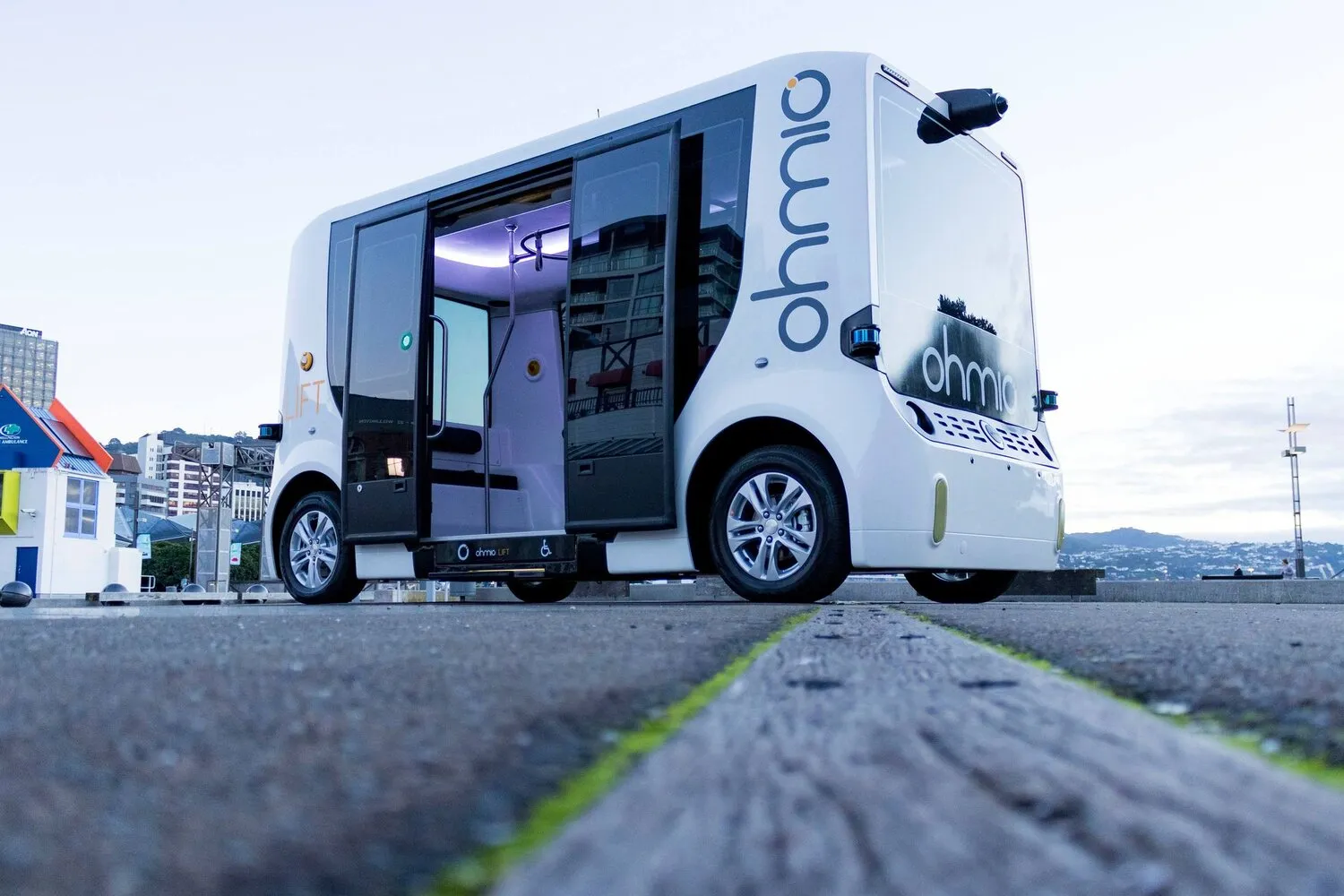Loughborough University in the UK is leading a three-year initiative which aims to assess the impact of introducing connected and autonomous vehicles (C/AVs) in Europe.
The £5.7m project, called Levitate, is funded by the European Union and will help European cities to plan for the effect C/AVs will have on infrastructure and society.
Levitate began this month and will consider how AVs might improve safety, congestion and the environment, while looking at key policy decisions which would maximise their benefits.
The project’s principal investigator, Professor Pete Thomas of Loughborough Design School, says: “These vehicles bring new challenges and have the potential to disrupt mobility in both good and bad ways. Our job in Levitate is to provide a new scientific basis that will enable cities and regions to make policy decisions that are the best for each circumstance.”
Researchers will work with nine academic and research institutions from across Europe, Australia, China and the US, as well as Transport for Greater Manchester and the city of Vienna. Other cities which are involved include London, Barcelona, Paris, Stuttgart, Berlin, Amsterdam and Gothenburg.
Some estimates suggest that 25% of vehicles could be completely autonomous by 2030 – with the rest classed as highly autonomous.
Given that human error is a factory in 90% of crashes, C/AVs have the potential to improve safety – but there are a number of issues which need to be solved, including consumer fears over inadequate control systems and worries about how control is switched between human driver and vehicle.
Thomas said: “Additionally, it is expected that, while vehicle automation may bring an improvement in mobility for people with disabilities, it could have the effect of increasing traffic and road use by up to 14% with a related additional environmental impact.”
Levitate will create a web-based toolkit to help city planners forecast the impact of autonomous mobility and design infrastructure to suit. It will also examine the mobility technologies that will give the greatest economic return.
UK’s Loughborough University attempts to smooth Europe’s path to C/AVs
Loughborough University in the UK is leading a three-year initiative which aims to assess the impact of introducing connected and autonomous vehicles (C/AVs) in Europe.
The £5.7m project, called Levitate, is funded by the European Union and will help European cities to plan for the effect C/AVs will have on infrastructure and society.
Levitate began this month and will consider how AVs might improve safety, congestion and the environment, while looking at key policy decisions which would maximise thei
December 10, 2018
Read time: 2 mins








